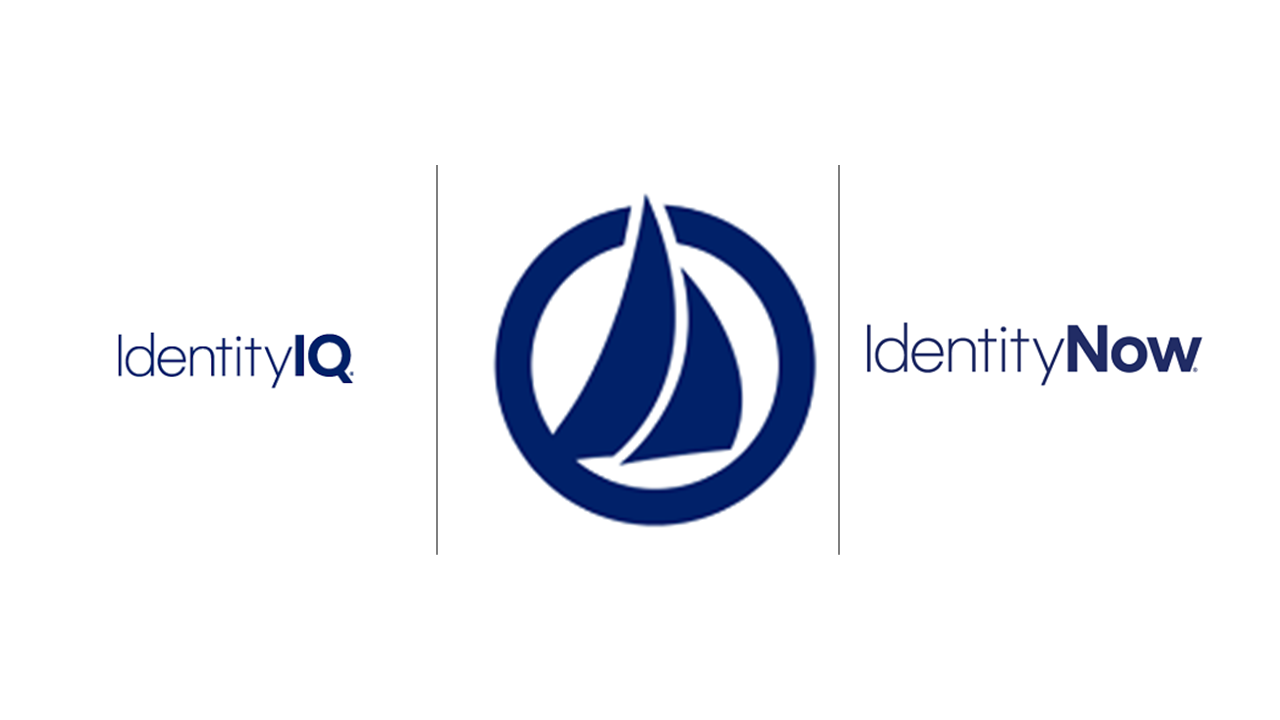
Network Security Risk Across Different Business Stages
21 Aug, 20248 minsThere is no doubt that network security risks are becoming more complex and sophisticated. T...

There is no doubt that network security risks are becoming more complex and sophisticated. The type and intensity of these risks vary across different stages of a business's lifecycle. Whether you're running a startup, an SMB (small-to-medium business), or an enterprise, the network security challenges evolve as your business grows. Understanding these shifts and adapting your security strategy is critical to ensuring that your data, operations, and reputation remain safe.
In this guide, we explore the various network security risks across different business stages. We will also highlight when you should consider hiring network security specialists to overcome evolving threats.
Startups and Their Early Challenges
First, we will explore startups and their early network security challenges. What are the characteristics of start-up businesses? Innovative ideas, flexibility, and limited resources. Startup businesses often operate on tight budgets and may have a small team that juggles various roles. Given the competitive environment, startups need to focus on growth, which can sometimes lead them to prioritise product development over security measures.
For startups, agility and speed are paramount. Often driven by the passion of their founders, these companies aim to disrupt established markets or introduce innovative solutions. Yet, this same drive can lead to the oversight of vital security protocols. A lack of established security practices can make startups particularly vulnerable to cyber threats.
Network Security Risks for Startups
While startups are exciting, they are often vulnerable to specific network security threats:
- Limited Resources for Cybersecurity: Most startups operate on tight budgets, and often, cybersecurity can feel like a "later" issue.
- No Dedicated IT or Security Team: With limited staff, many have various job roles, leading to gaps in network security management.
- Unsecured Remote Work Environments: Many startups embrace remote work, and without secure access protocols, they increase their vulnerability.
- Lack of Employee Security Awareness: Training staff on recognizing phishing attempts and password management is sometimes neglected due to prioritization of business growth.
When to Hire Network Security Professionals
To answer this question, it’s essential to assess your specific business needs. If your startup handles sensitive data or develops proprietary technology, hiring a network security consultant early on can be the difference between success and a disastrous breach. According to recent research, there is a network security attack every 39 seconds, highlighting the importance of building a strong team to combat these threats.
At the very least, your first move should be setting up basic security measures, such as firewalls, encryption, and multifactor authentication (MFA). You may think your business stage is too early on, but remember: cybercriminals target businesses of all sizes. Unfortunately, startups are often seen as more vulnerable because they tend to have fewer defenses in place due to tight budgets.
When your startup begins handling sensitive customer data or proprietary technology, you may want to consider hiring professionals to ensure your business is secure from the start. Some key network security jobs to consider include:
- Security Consultant: An expert who can assess your current security posture and recommend initial protections.
- Penetration Tester: A specialist who simulates attacks to identify vulnerabilities in your systems.
- Security Architect: Someone to design a secure network infrastructure tailored to your growing business needs.
SMBs and Balancing Growth and Security
As your business grows, it moves into the small-to-medium business (SMB) category. SMBs are in a unique position. They are large enough to attract the attention of cybercriminals but often lack the extensive resources of larger enterprises. With growing revenue, clientele, and reputation, network security should become a priority.
What are the characteristics of SMBs? SMBs are typically businesses with more established operations and greater resources than startups, but they still have limited staff and budgets compared to enterprises. SMBs typically manage a range of priorities, from expansion to customer acquisition, all while trying to maintain security.
Network Security Risks for SMBs
If you’re running an SMB, you’re probably no stranger to managing multiple aspects of your business. However, failing to keep up can result in costly consequences when it comes to cybersecurity. For context, The ITRC Business Impact Report reveals that in 2023, 73% of small businesses in the U.S. experienced a cyber breach or data attack. For 13% of these businesses, the damages exceeded $500,000.
Ultimately, when it comes to network security, failing to keep up can result in costly consequences. Here’s what you should consider:
- Increased Data Storage: SMBs handle more customer and business data than startups, making them a bigger target.
- Outdated Software and Systems: As businesses scale, they may neglect regular software updates, which leaves systems vulnerable.
- Third-party Vendor Risks: Working with various vendors exposes SMBs to additional risks, as one weak link can compromise your whole network.
- Phishing and Ransomware Attacks: SMBs are prime targets for cybercriminals who use phishing tactics or deploy ransomware to exploit vulnerabilities.
When to Hire Network Security Professionals
Like most businesses, you may think your internal IT team can handle security, but with growing complexity in operations, the risk increases. As your business grows, one way you can ensure the best protection is by consulting with cybersecurity experts who specialize in protecting SMBs.
With 60% of US small businesses closing within six months as a result of a network security attack, it is essential to have the right security infrastructure in place. From intrusion detection to incident response plans, you can ensure you bounce back from a major breach, reducing the risk of shutting your business down.
As a business leader, now is the time to prioritize network security before your business is exposed to an attack. When rethinking your security measures, also consider regular audits of your systems and engaging external experts to stay ahead of evolving threats.
As your SMB grows, balancing growth with security becomes more complex. Bringing on dedicated professionals can help you manage the increasing risks. Network security jobs to consider include:
- IT Security Manager: A mid-level manager who oversees day-to-day security operations and staff training.
- Incident Response Specialist: Someone skilled at handling security breaches quickly and efficiently.
- Network Security Engineer: Responsible for building, maintaining, and securing your company’s network.
To learn more about why SMBs are at risk of being hacked and strategies to safeguard your business, discover our insightful download guide with expert insights - Safeguarding SMBs: An Insight into Network Security Threats.
Large Businesses and Enterprises
Once your company grows to the enterprise level, security risks not only increase but also become more complex. Enterprises often manage vast amounts of data across multiple locations, departments, and devices. The same goes for large businesses with a global presence, making them more attractive targets for cybercriminals.
What are the characteristics of large businesses and enterprises? These businesses are typically resource-rich, with dedicated IT departments and complex infrastructures. Yet, this complexity often leads to vulnerabilities. Having the resources to invest in strong cybersecurity measures is vital, but complacency can be a major issue.
Security Risks for Large Businesses and Enterprises
Even with the best tools and resources, large businesses face numerous network security challenges:
- Advanced Persistent Threats (APTs): These are prolonged cyberattacks where intruders remain undetected within the network for extended periods.
- Data Breaches: Given the amount of sensitive data stored and processed, a breach can lead to severe financial and reputational damage.
- Internal Threats: Whether malicious or accidental, employees at larger organizations can be a security risk, particularly when access controls are not properly managed.
- Supply Chain Vulnerabilities: Working with numerous vendors and third parties can expose weak points in your security.
- Compliance and Regulations: Enterprises face more stringent regulatory environments, making non-compliance costly.
When to Hire Network Security Professionals
Of course, enterprises should already have an in-house team of security experts. But beyond that, regularly engaging external consultants for independent security assessments can be critical. If you're looking to stay ahead of sophisticated threats, consider investing in threat intelligence and AI-driven security solutions.
Next, think about how your security infrastructure scales. Ensure your systems are integrated and cohesive across all departments, locations, and even third-party vendors.
Enterprises often require a more complex and layered security approach. To ensure your organization stays ahead of evolving threats, you’ll need highly specialized network security jobs, such as:
- Chief Information Security Officer (CISO): An executive who leads the organization’s entire cybersecurity strategy.
- Threat Intelligence Analyst: Focuses on identifying and mitigating sophisticated, ongoing threats from external sources.
- Data Privacy Officer: Ensures that the company complies with all privacy laws and properly handles sensitive customer data.
Final Say: Network Security Risk at Different Business Stages
Network security risks are inevitable, but they differ significantly depending on the stage of your business. Startups must navigate the challenge of implementing basic security protocols while juggling limited resources. SMBs, on the other hand, need to strike a balance between growth and security as their data and operations expand. Enterprises face even more sophisticated threats due to their complex infrastructures and global reach.
At every stage, investing in the right network security professionals is critical to ensuring your business stays protected. Startups might begin with consultants or penetration testers, while SMBs can benefit from IT security managers and incident response specialists. Enterprises, with their vast resources, need specialized roles like CISOs and threat intelligence analysts to combat the growing sophistication of cyber threats.
Ultimately, prioritizing security from the start can save your business from costly breaches and reputational damage. By understanding the evolving risks and knowing when to bring in experts, businesses at every level can create a strong defense against cyberattacks, ensuring long-term success.
Searching for Network Security Professionals?
If you're looking to enhance your security posture by hiring network security specialists, we’re here to assist. Our seasoned consultants are experts in network security recruitment and can help your organization grow by connecting you with outstanding talent in the field.
Contact us today to find the right professionals for your network security jobs.






